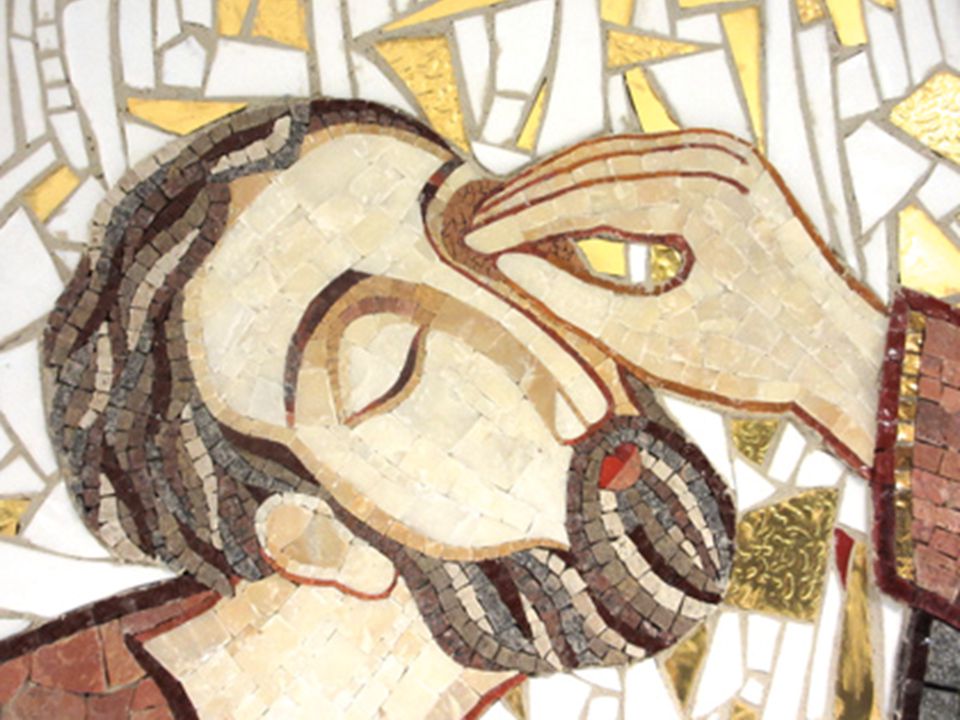
Today’s passage from the gospel story of the life and teaching of Jesus has been written masterfully by the Apostle John. The care with which John draws the portraits of increasing faith and hardening blindness is masterful. The events of the story seem to be gradually pushed to the background by the sharpening focus brought about by the repetitive interrogations of the Pharisees making confident statements of their knowledge (16, 24, 29) and the Blind Man confessing his ignorance (12, 25, 36). The story articulates the way in which in our humanness, true sight can miraculously emerge, while in our confidence we can fail to see the truth right in front of our eyes.
The story includes a few historical and cultural pieces foreign to our worldview. The man is thought to be blind (less than whole, less than what God intended in creation) because of the sin of his parents. If one was sick or handicapped it was commonly thought in the Ancient World, and even among the Jews although the book of Job refuted such a theological affirmation, that suffering, brokenness, and sickness were direct results of disobeying God’s will (committing sin). A baby born handicapped, or less than whole couldn’t have sinned, and so such a state must be a direct consequence of the sin of the parents. The story takes place on the Sabbath, the divinely ordained day of worship-full rest. Healing on the Sabbath (although it seems weird, as it’s doing good) was considered breaking God’s commandment to rest.
The Pharisees are stuck on the details, confident that they know how God acts and moves in the world, hardening their hearts, turning a blind eye to the life and person of Jesus: the presence of God among them. The Blind Man, delivered miraculously from the darkness of his blindness, sees himself, the world and gradually God’s presence in it; coming to distinguish the identity of Jesus. The story is brilliantly timeless, the “we” of the Pharisees and the “we” on the lips of the formerly blind man, pull us as readers and listeners into the story, making it our own. Augustine of Hippo wrote: “The blind man stands for the human race…if the blindness is infidelity, then the illumination is faith…He washes his eyes in that pool Siloam, which is interpreted as ‘one who has been sent’: he was baptized in Christ.” (Much of my writing is lifted from the analysis of Raymond E. Brown in his Commentary of John I, pp. 369-382)
Questions for the practice of Examen & Contemplation
- What grabs your attention in this reading?
- How is your faith story like the story of the blind man?
- How do you use vocabulary like blindness/sight, light/ darkness to talk of your own faith? If you don’t use them, what words help you talk of your faith journey & life?